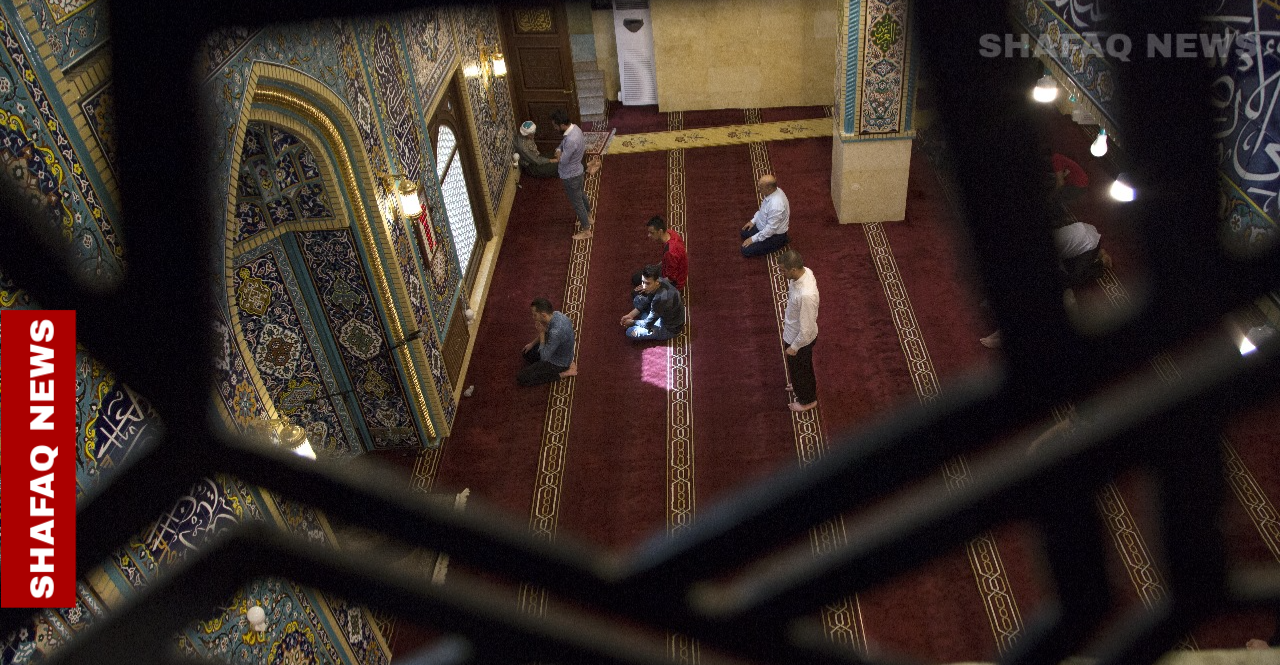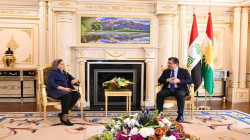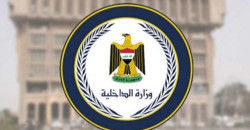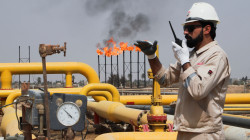The 15% ceiling: Islamist parties' complex path in Iraqi Kurdistan

Shafaq News/ Islamist movements in the Kurdistan Region are grappling with waning public support, evolving social dynamics, and mounting regional interference. Although Kurdish society blends religious conservatism with modern nationalist ideals, Islamist parties have struggled to convert that cultural fabric into lasting political traction.
While party leaders claim growing influence, analysts argue that political Islam in Kurdistan has stalled—its momentum slowed by deep-rooted historical and ideological constraints.
A Fragmented Rise
Islamist political movements began to emerge in the Kurdistan Region in the late 20th century, shaped by regional developments and shifting domestic dynamics. The Kurdistan Islamic Movement (KIM) was established in 1987 by Sheikh Osman Abdul Aziz and a group of clerics, drawing ideological influence from both the Muslim Brotherhood and Salafi currents.
The political landscape shifted in 1991 following the Kurdish uprising against Saddam Hussein and the creation of a de facto autonomous administration in northern Iraq. This new environment allowed for the rise of various political actors, including Islamist factions. Among them was the Kurdistan Islamic Union (KIU), launched as the Kurdish branch of the Muslim Brotherhood. In contrast to the KIM, the KIU, at that time, emphasized political participation and engagement with emerging institutions rather than armed activity.
Throughout the 1990s, the KIM maintained an armed wing and became involved in a series of confrontations with secular Kurdish parties, particularly the Patriotic Union of Kurdistan (PUK). These clashes reflected both ideological differences and local power rivalries. Over time, regional mediation efforts contributed to a gradual de-escalation and the partial demobilization of KIM forces. The group eventually moved toward greater involvement in formal political processes.
Internal divisions continued to shape the Islamist camp. In the early 2000s, Ali Bapir, a senior KIM leader, split from the movement to form a new faction—the Islamic Group of Kurdistan, later renamed the Kurdistan Justice Group (KJG/ Jama’at Al-Adl Al-Islamiya). This party adopted a more pragmatic posture, combining Islamic values with advocacy for social and political reform, and gradually built a support base in certain areas of the region.
Hardline factions also emerged. In 2001, Ansar al-Islam was established near the Iranian border, adopting a Salafi-jihadist ideology and imposing strict interpretations of Islamic law in territories under its control. The group pledged allegiance to al-Qaeda and drew international attention during the 2003 US-led invasion of Iraq. It was targeted in joint operations involving Kurdish and American forces.
Despite initial momentum and an established presence in some areas, Islamist parties have struggled to secure broad political influence. Collectively, they have rarely won more than 15% of the vote in Kurdistan Region parliamentary elections. Analysts attribute this to the sustained dominance of the two main secular nationalist parties, the Kurdistan Democratic Party (KDP) and the PUK, as well as internal divisions among Islamist factions.
Leaders Claim Gains, Analysts See Dip
The strength of Islamist parties in the Kurdistan Region remains a subject of debate, with party leaders defending their relevance while analysts highlight signs of decline.
Ahmed Haji Rashid, senior leader in the Kurdistan Justice Group (KJG) and member of Iraq’s federal parliament, rejected claims of waning influence.
In remarks to Shafaq News, he pointed to the group’s performance in Baghdad, where Islamist representation increased from four seats during the 2018–2021 terms to five in the current parliament—an outcome viewed as evidence of stable voter support.
Addressing the 2024 Kurdistan parliamentary elections, Rashid noted that Islamist parties secured 10 out of 100 seats, down from 12 in 2018. He described the drop as marginal and underscored continued backing in conservative regions such as Halabja, Kirkuk, and parts of Erbil and al-Sulaymaniyah.
He also distinguished between Islam as a cultural identity and Islamism as a political project. “Kurdistan’s religiosity is not seasonal, It’s cultural, generational, and deeply ingrained.” In his view, this enduring social structure continues to sustain faith-based political movements.
Others view the trajectory differently. Political analyst Fuad Majid, based in al-Sulaymaniyah, pointed to structural weaknesses within Islamist factions, many of which were built on models imported from abroad, including the Muslim Brotherhood and Turkiye’s Justice and Development Party (AKP). These origins, he argued, limited their ability to align with Kurdish political traditions and resonate with younger voters.
Majid also identified past links to extremism as a lasting burden. The legacy of Ansar al-Islam in the early 2000s and the more recent trauma of ISIS have contributed to public unease. “Many people associate political Islam with instability and authoritarianism. Even among religious families, skepticism toward Islamist parties is on the rise,” he noted to Shafaq News.
A 2024 survey conducted by the Kurdistan Institute for Political Studies reflected this trend. Only 11% of respondents supported Islamist parties, compared with 52% favoring nationalist or secular groups. Among voters under 30, support for Islamist factions dropped below 6%, indicating a sharp generational decline. Nearly 37% expressed no party preference, citing broad disillusionment with the political system.
Observers also reported declining turnout in areas once considered Islamist bastions. Without internal reforms and a coordinated political vision, projections suggest Islamist parties may struggle to hold even 10% of the vote in future Kurdistan parliamentary elections.
Undermining Kurdish Unity?
Beyond electoral dynamics, analysts are voicing concern over the growing influence of cross-border Islamist movements in the Kurdistan Region, warning that these ideologies may be weakening national cohesion and reshaping social norms.
Karzan Murad, an academic in international relations, described movements such as Salafism, political Shiism, and factions aligned with the Muslim Brotherhood as more than religious currents. In comments to Shafaq News, he characterized them as strategic tools used by regional powers to undermine Kurdish nationalism.
“These groups exploit social vacuums to instill sectarian loyalty in place of national belonging,” Murad explained, pointing to a rising trend among such movements to reject ethnic identity altogether, often framing it as religious deviation. “They regard national identity as heresy,” he observed.
Murad identified the 2014 ISIS offensive on Sinjar and the subsequent Yazidi genocide as a turning point that revealed the social impact of extremist ideologies. He linked the massacre to a broader erosion of Kurdish cultural foundations. “Their rise has fueled extremism and weakened traditional Kurdish values,” he said.
He also raised concerns over changing demographics in disputed areas, where Iran-backed armed groups and other regional actors have been accused of influencing population patterns. These efforts, he argued, form part of a broader campaign to dilute Kurdish presence and fragment collective identity.
Piety vs. Politics
The evolution of Islamist movements in Kurdistan has not occurred in isolation from regional dynamics. Over the past few decades, the Middle East has witnessed recurring waves of political Islam—from the Iranian revolution to the rise of the Muslim Brotherhood and the emergence of jihadist groups. Though these movements primarily unfolded elsewhere, they still had an indirect impact on the Kurdish political landscape.
External support for Kurdish Islamist factions from regional powers, such as the close relationship between the Kurdistan Islamic Union (KIU) and Turkiye, and the ideological continuity of the Muslim Brotherhood across borders, helped shape the local political-Islamic current.
However, as the threat of ISIS loomed large, many Kurds turned to their nationalist parties, seeking security and stability. In the face of existential dangers, the appeal of Islamist discourse waned, as Kurdish political priorities shifted toward safeguarding the region's future.
Between 2014 and 2017, as Kurdish forces led battles against ISIS, voter turnout in some conservative districts shifted decisively in favor of the Kurdistan Democratic Party (KDP) and Patriotic Union of Kurdistan (PUK).
Yet, popular piety remains deeply embedded in Kurdish society. Daily religious practices—ranging from wearing the hijab and attending mosques to following Sufi traditions—coexist with strong political loyalty to secular nationalist parties. This creates a paradox: while Islam holds a significant emotional and cultural presence, it has not translated into the same political traction. As Ahmad Haji Rashid observed, "deep-rooted popular Islam is one thing, and political Islam is another," underscoring the distinction between personal devotion and political engagement.
Despite these complexities, the Kurdistan Islamic Union has remained a notable opposition force, rejecting what it perceives as populist rhetoric. "We chose not to join the latest government due to service and economic challenges and a lack of transparency," Political Bureau member Ghazi Saeed explained to Shafaq News. "Nevertheless, we preserved a solid level of representation—in fact, our seats in the Kurdistan Parliament rose from five to seven, even though the total number of contested seats was reduced."
Saeed further emphasized that while some parties may experience temporary electoral success, "they quickly dissolve." The KIU, he added, places greater importance on consistency and principles than on chasing fleeting political waves.


